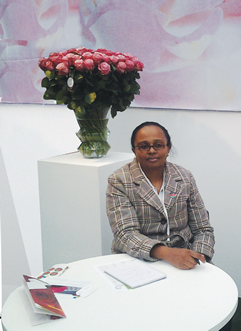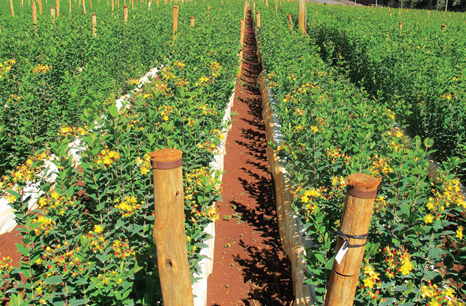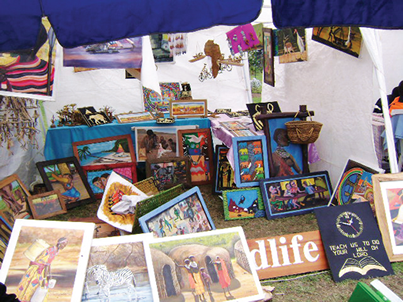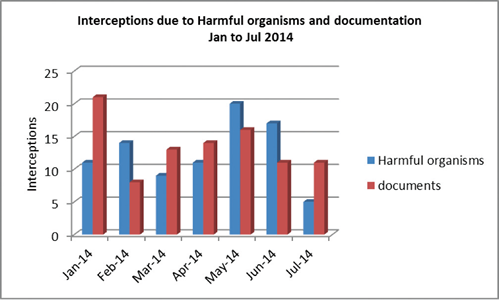 Briefly discuss Irene Njeru (background-personal and as a grower)
Briefly discuss Irene Njeru (background-personal and as a grower)
I am a graduate in horticulture with a Masters in business administration (Entrepreneurship) and a Post graduate diploma in marketing. I started my working life in 1999 in the floriculture industry until now mostly in pack house, quality and marketing departments. in different flower farms.
You have been marketing flowers for most of your professional life, if you would have to give your remarks about being a flower marketer, what would they be?
Being a flower marketer is very interesting, has its challenges especially during low periods but gives great satisfaction when I am able to take the company successfully through this hard times. The success of the company depends largely how the sales and marketing strategies are implemented.
In your experiences, briefly discuss the vase life and transportability and marketing of flowers in Kenya?
The products from Kenya have a good vase life compared to products from other countries mostly because of the information that is readily available to growers on different post harvest treatments and also because of the seriousness of the partners in business on the cool chain process.
Transportation of flowers from Kenya to various destinations is not a problem as there are enough flights that pass our country however there is limitation of business with some countries due to very expensive freight rates an example being America.

 I take this opportunity to welcome you to mZurrie Ltd. We are indeed honoured to celebrate our 1st anniversary as a group. It marks an important milestone in our history and commitment not only to our partners but the entire Floriculture fraternity.
I take this opportunity to welcome you to mZurrie Ltd. We are indeed honoured to celebrate our 1st anniversary as a group. It marks an important milestone in our history and commitment not only to our partners but the entire Floriculture fraternity. Continually improving its range of agricultural innovations to suit the ever changing global environmental conditions and European floriculture markets regulations, Amiran introduced the Amiran Plastic Mulch, an effective, safe generation product from Ginegar Limited, the world’s 2nd largest producer of plastic.
Continually improving its range of agricultural innovations to suit the ever changing global environmental conditions and European floriculture markets regulations, Amiran introduced the Amiran Plastic Mulch, an effective, safe generation product from Ginegar Limited, the world’s 2nd largest producer of plastic. As the curtain opens on the Naivasha Horticultural Fair 2014 Exhibition, the 12th edition, there is barely room for any shortcoming that may inhibit its success. All minds and hands that know what it entails have been up and down to try to put different pieces together to make what can be seen as the true spirit of the regional horticultural industry.
As the curtain opens on the Naivasha Horticultural Fair 2014 Exhibition, the 12th edition, there is barely room for any shortcoming that may inhibit its success. All minds and hands that know what it entails have been up and down to try to put different pieces together to make what can be seen as the true spirit of the regional horticultural industry.